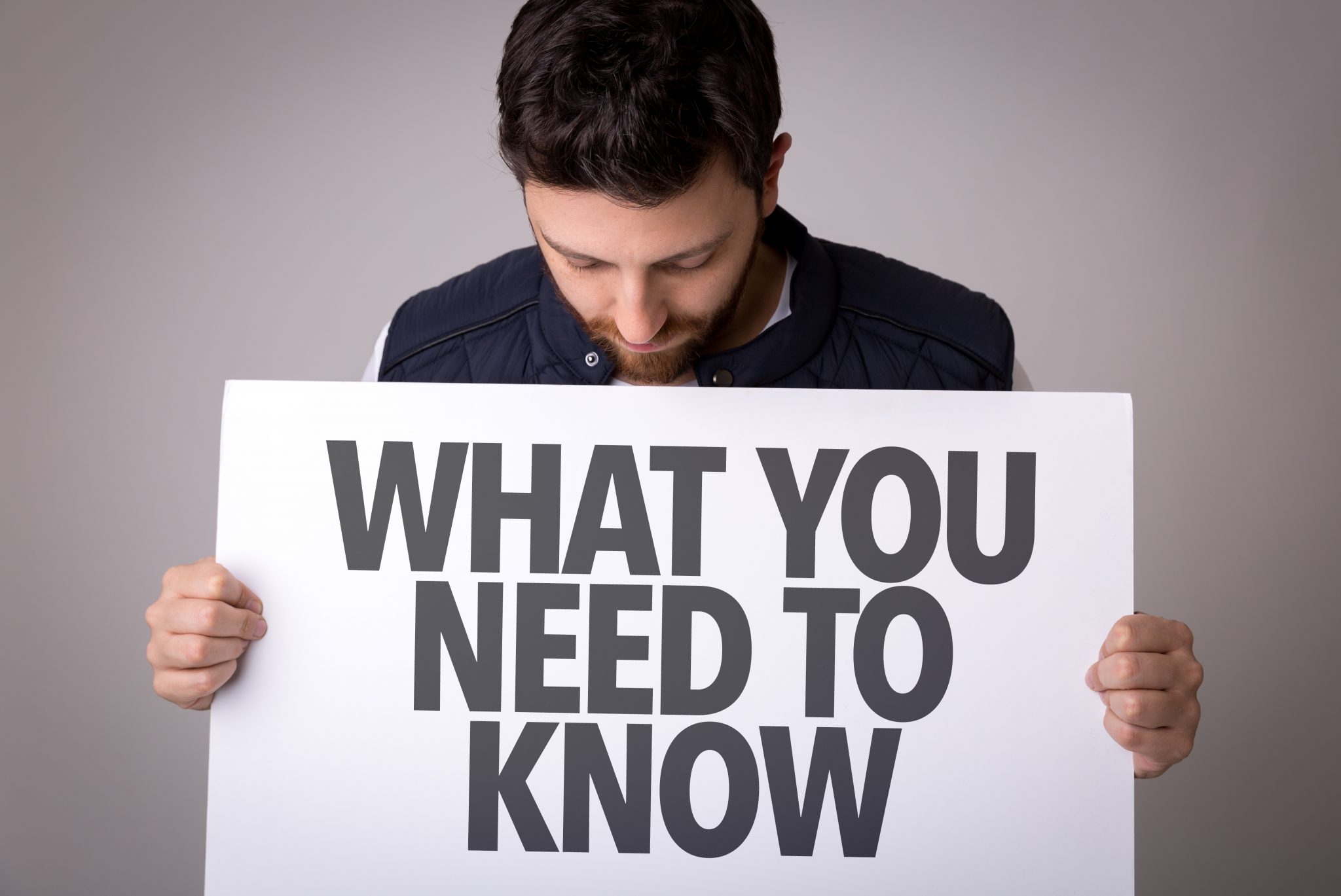
Who Is Liable for Self-Driving Car Accident?
December 11, 2019
What You Should Know About Property Damage Claims (Infographic)
January 7, 2020
Vaping is a hot-button, divisive issue today. All the press, controversy, and debate really began in March of 2019, when patients began manifesting symptoms of lung injuries. It wasn’t until April that people began being admitted to hospitals. Then, from mid-July to mid-August, hundreds of people began being admitted to hospitals with serious, sometimes fatal lung conditions.
The one common denominator for all these patients was the use of e-cigarettes, commonly referred to as vaping. Some states were hit much harder than others, with California, Texas, Michigan, and Illinois experiencing the highest rates of illnesses.
The victims of these vaping-related illnesses have been severely injured, and many news outlets are suggesting their lungs may never fully recover. Some families are now mourning the death of loved ones, some of whom were in the prime of their lives.
These families may have wrongful death cases, and the surviving victims may have personal injury cases, but successfully trying those cases may not be easy, at least not right away. The professional law offices of Kanner & Pintaluga understand the technicalities and nuances of vaping laws, and we’re here to fight for those who may have seen adverse side effects resulting from e-cigarette use they believed to be safe.
Who Should File a Vape Lawsuit?
If you or a loved one has suffered health complications due to vaping, filing a lawsuit may be a critical step toward securing justice and financial relief. Vape manufacturers and distributors have a duty to ensure their products are safe and adequately labeled. Unfortunately, many companies failed to disclose the serious risks associated with vaping, including the presence of harmful chemicals and the potential for nicotine addiction — particularly in young users.
A vaping lawsuit not only holds these companies accountable but also allows victims to recover compensation for medical bills, lost wages, and the long-term effects of pain and suffering. By using a reliable vape lawyer, you not only get the compensation you deserve, but also help to fight for stronger consumer protections and raise public awareness.
What Makes Companies’ Products for Vaping Illegal?
In order to bring a successful personal injury or wrongful death case, your attorney must be able to prove the culpable party was negligent and, in some cases, that they knowingly distributed a product that was unsafe.
If it eventually comes out that a particular manufacturer of vaping liquids is at the center of all these injuries and deaths, they may very well be held liable. The ultimate settlement may be even greater if it’s proven that the manufacturer falsified lab testing or simply didn’t follow proper safety protocol when making their products.
Despite what some pundits or media talking heads may say, there are FDA regulations for e-liquids. In 2016, the FDA passed a rule that classified all electronic nicotine delivery systems (NDS) as tobacco products, meaning they must abide by the same regulations as cigarettes, cigars, and other tobacco products.
The FDA requires tobacco companies to submit health documents and ingredient lists for their products, but if some of the manufacturers lied or didn’t adhere to all the necessary regulations, it would help further the case of injury victims and the families of wrongful death victims. Emerging vape technologies and unresolved issues — such as the long-term effects of synthetic nicotine — have yet to be thoroughly studied, making it difficult to predict the industry’s future and its impact on health.
Potential Types of Injuries from Vaping
While vaping may seem like a healthier alternative to traditional tobacco, there have been documented risks and numerous accounts of adverse side effects and even long-term health complications caused by the negative impacts of these vape products. Some of the most frequently reported health issues include:
Lung-Related Illnesses
- Popcorn lung (bronchiolitis obliterans) caused by diacetyl in flavorings.
- EVALI (e-cigarette or vaping use-associated lung injury).
- Chronic bronchitis, asthma exacerbation, and other long-term respiratory conditions.
Cardiovascular Issues
- Elevated heart rate and blood pressure.
- Increased risk of heart attacks or strokes, particularly in younger users.
Addiction and Mental Health Effects
- Nicotine addiction leading to mood disorders, anxiety, and depression.
- Withdrawal symptoms and behavioral changes, especially among teens.
Seizures and Neurological Complications
- Reports of seizures linked to vaping nicotine-heavy products.
- Potential cognitive impairment in younger brains due to early nicotine exposure.
Explosions and Burns
- Device malfunctions, such as battery explosions, causing physical injury and trauma.
- Chemical burns from e-liquid exposure.
Vaping Health Risks and Your Rights
Every consumer has the right to be informed about the potential health risks of the products they use. When companies fail to disclose those dangers — or worse, market their products as safe alternatives — they can be held legally accountable.
Individuals harmed by lax vaping laws have a legal right to seek compensation for their injuries and the financial burdens associated with them. This includes the right to pursue a vaping lawsuit related to defective product design, misleading advertising, or failing to provide adequate warnings.
There may also be grounds for legal action due to targeted marketing practices that contributed to addiction or injury for minors and their families. Whether you’re dealing with long-term lung damage, addiction, or another vaping-related complication, our team is here to ensure your rights are protected and your voice is heard.
Current Vaping Lawsuits
There are several ongoing lawsuits and class action suits against e-cigarette companies — primarily JUUL. Most of the lawsuits currently against JUUL have to do with the company marketing its products to minors. Although the company has always emphatically stated their products are intended only as a smoking cessation tool to be used by adults, many people allege the company’s marketing efforts are tailored to attract young people and that some of the flavors they sold, such as candy, fruit and cookie flavors, were intended to lure in youths. The company ceased selling those flavors in November 2018.
Additional lawsuits that claim some users suffered seizures or strokes due to JUUL use, and others that allege JUUL didn’t do enough to inform users of its addictive potential. Once the dominant player in the market, JUUL has faced widespread legal action from individuals, school districts, and state governments. The company has agreed to over $1 billion in settlements due to its aggressive youth-targeted advertising and failure to warn about health risks. Other vape brands, including Puff Bar, are also under scrutiny for bypassing FDA regulations and reintroducing flavored products.
Class action lawsuits in relation to e-cigarette explosions have also been filed, which have been attributed to the lithium-ion batteries that power the devices.
Understanding Vape Law: Frequently Asked Questions
Here are some of the most commonly asked questions regarding vape laws and what to expect if you file a vaping lawsuit to seek compensation for your experience with these products.
Is vaping regulated by the FDA?
Yes. The U.S. Food and Drug Administration began regulating e-cigarettes and other electronic nicotine delivery systems (ENDS) in 2016 under the Family Smoking Prevention and Tobacco Control Act. This means manufacturers must submit their products for review and receive authorization before marketing them.
However, enforcement has lagged behind innovation. Many newer vape products, particularly those using synthetic nicotine or emerging from foreign markets, have slipped through regulatory cracks. Despite this, all vape companies are legally required to provide truthful marketing, accurate labeling, and ensure their products meet safety standards. Failure to do so can form the basis for legal action.
Can minors or their parents file lawsuits?
Yes. Minors who have suffered health consequences due to vaping—or parents acting on their behalf—are entitled to file lawsuits against vape manufacturers, distributors, or retailers. Many cases involve young individuals who became addicted to nicotine after using products like Juul or Puff Bar, often influenced by misleading advertising or social media campaigns that portrayed vaping as trendy and harmless.
In legal terms, these cases often center on deceptive marketing practices, product liability, and failure to warn. Parents may also have separate claims for emotional distress, medical expenses, or the impact vaping has had on their child’s education and well-being.
What damages can I recover?
Victims of vape-related injuries may be eligible for several types of compensation, including:
- Medical Expenses: This includes past and future hospital bills, treatments, medications, and rehabilitation related to vape injuries.
- Lost Wages and Earning Capacity: If your injury has forced you to miss work or has diminished your ability to earn a living, those losses may be recoverable.
- Pain and Suffering: This refers to the physical discomfort and emotional trauma caused by your injury, including anxiety, depression, or reduced quality of life.
- Punitive Damages: In cases where the vape manufacturer knowingly endangered consumers or acted with gross negligence, courts may award punitive damages to punish the defendant and deter similar behavior.
- Wrongful Death: If a loved one has died due to a vaping-related illness or injury, surviving family members may pursue a wrongful death claim.
How long do I have to file a claim?
The time limit to file a lawsuit — known as the statute of limitations — varies by state and by the type of claim. In many jurisdictions, personal injury claims must be filed within two to four years from the date of injury or the date when the injury was reasonably discovered.
For minors, the statute of limitations may be extended until the child reaches adulthood. However, time is a critical factor. Evidence can degrade, memories fade, and the strength of your case may weaken if you delay. We strongly recommend consulting a qualified vape attorney as soon as possible to ensure your rights are preserved.
What should I do if I suspect vaping caused my injury?
If you suspect that vaping contributed to a recent illness or injury, it’s essential to take the following steps:
- Seek Immediate Medical Care: A doctor can help document your condition and begin appropriate treatment.
- Document Your Usage: Keep records of which vape products you used, how often, and when symptoms began.
- Preserve Evidence: Save the vape device, cartridges, packaging, receipts, and any other related materials. Do not attempt to repair or modify the device.
- Keep a Symptom Journal: Record all symptoms, treatments, and how the injury has affected your daily life.
- Consult an Attorney: An experienced personal injury lawyer can evaluate your case, handle communications with insurance companies or manufacturers, and guide you through the legal process.
Do I have to use a vape long-term to file a claim?
No. While long-term use can increase the likelihood of chronic health issues, many individuals have developed serious complications — such as lung injuries or seizures — after a short period of vaping. What matters most is the link between your injury and the product.
If the product was defective, improperly labeled, or aggressively marketed in a deceptive way, you may still have a valid claim. The legal team at Kanner & Pintaluga can help investigate whether the manufacturer failed to warn consumers or violated state and federal safety laws.
Is joining a class action or multi-district litigation right for me?
Possibly. If your situation aligns with others who have experienced similar injuries from the same brand or type of vape product, you may qualify to join a class action or MDL. These collective lawsuits allow plaintiffs to share legal resources and streamline complex litigation processes.
However, in some cases, filing an individual claim may result in higher compensation based on your specific damages. Our attorneys will help determine the best legal strategy based on your circumstances and goals during our free consultation.
Do You Have a Case?
If you or a loved one has suffered an injury due to vaping, you may want to speak with an attorney. Although there’s no one party that’s been identified as the culprit of the latest outbreak of vaping-related illnesses, the CDC’s investigation is ongoing. If a negligent party is identified, people injured by vaping may have a case, depending on their state’s laws and how the dangerous product was procured. Call Kanner & Pintaluga today for a free consultation regarding your prospective vaping case, and we’ll be happy to review the details.

